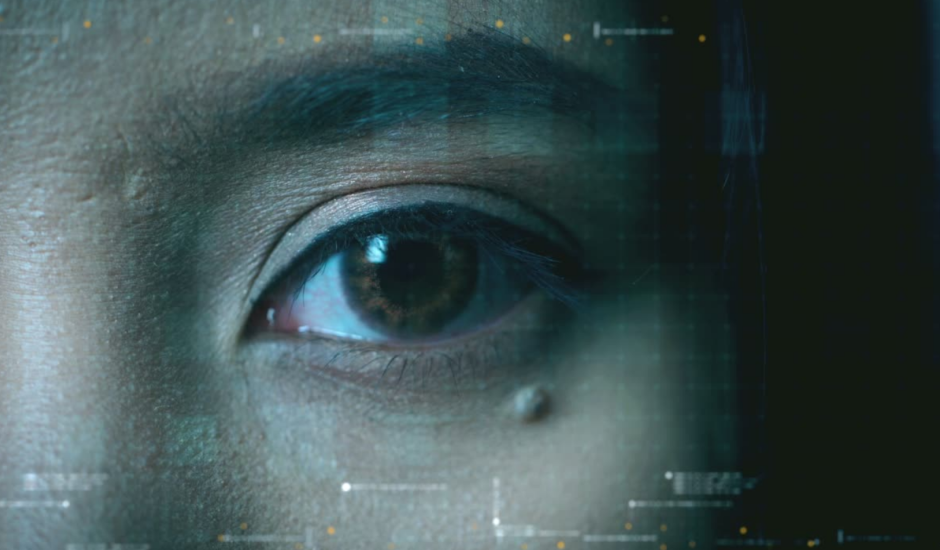For our human rights to be safeguarded in the sphere of Artificial Intelligence (AI), we need a broader group of civil society organisations (CSOs) to be able to understand and engage in relevant AI discussions and developments on both the international and national level. One of the ways that ECNL aims to achieve this is by supporting national level CSOs, who do not necessarily have tech background, but do have invaluable expertise about the impact of AI-based systems on different groups of citizens, including vulnerable groups. This is a brief overview of how we did this in 2021 together with our partner, the Center for Democracy and Rule of Law (CEDEM) in Ukraine.
The context
Ukraine has a speedily increasing IT community and an ambitious policy agenda related to AI and digitalisation. On the other hand, this is a new and obscure topic for many CSOs, which should have a key role in ensuring that any policies and practices follow a rights-based approach.
Therefore, ECNL invested in increasing the capacity of Ukrainian CSOs to better understand how the use of digital technologies and AI affect civil society groups. To carry out this work, we partnered with CEDEM - a think tank with expertise in freedom of expression and rule of law. Following our 2020 webinar on how AI impacts free speech, we decided to deepen our cooperation and empower CEDEM to increase its capacity in the area of AI and digital technologies and serve as a convener human rights groups.
Build a community to advocate for human rights safeguards
With support from ECNL, CEDEM established a core group of CSOs and independent AI experts. This has become a great space for collaboration and allows for development of common positions on important AI issues, such as biometric surveillance. It will also allow exchange of thoughts on (national) draft laws, identification of gaps in existing legislation and the possibility to rapidly address critical situations and develop responses to such situations. Our event series brought together CSOs, experts and other relevant stakeholders, such as the Ministry of Digital Transformation, fostering multistakeholder dialogue.
Empower civic groups through capacity building
CEDEM’s resources (organised with both financial and technical assistance from ECNL) proved to be popular tools to increase understanding of the impact of AI on human rights and civil society:
- Webinars and events tackling specific issues in relation to AI and human rights such as freedom of assembly, smart cities, and social media. These targeted CSOs, but also regional journalists and lawyers that work in the field of freedom of expression, privacy, modern technologies and European Court of Human Rights practice.
- Analytical materials developed on (a) the legal regulation of avatars, deepfakes and holograms; and (b) facial recognition.
- A line of infographics and interactive tests to educate the broader Ukrainian society on peculiarities of AI functioning, major points of influence on human rights and ethical issues within its application.
In total, materials developed under the project reached over 87.000 people.
What’s next in Ukraine?
ECNL will continue to invest in linking global developments and local organisations and in helping CSOs get the necessary knowledge to engage in the digital area. In Ukraine some of the follow-up activities include efforts such as:
- Continue research in specific thematic areas.
- Create a large-scale educational game, devoted to surveillance systems and dangers to privacy of individuals.
- Conduct educational trainings for the public authorities, including ministries, municipal authorities, etc.
- Prepare a mapping for the use of AI technologies for public services as well as develop guidelines for specific public authorities on human rights compliance in using AI.
- Create a Guide for CSOs on AI tools.
Use of AI in times of war
After the war started in Ukraine, ECNL provided support to CEDEM and Digital Security Lab Ukraine (DSLU) related to the potential impact of the deployment of AI-driven applications on civilians in times of conflict – particularly the use of AI-powered facial recognition tools during martial law. As a result of an online discussion with ECNL, CSOs and Ukrainian officials, government representatives have requested our partners to draft recommendations based on ECNL’s intervention and asked them to conduct human rights impact assessments for some of the AI-driven applications developed in the public sector. To read more details, click here.
At the March 2023 side event of Annual Forum 'Artificial Intelligence 2.0.' organised by CEDEM, ECNL's presentation focused on the risks of AI for CSOs and international legal environment:
